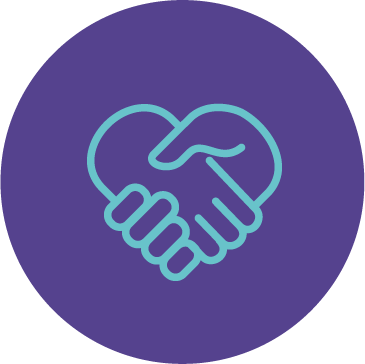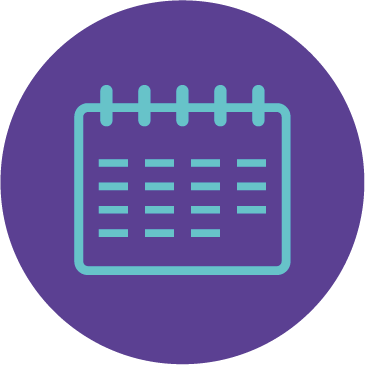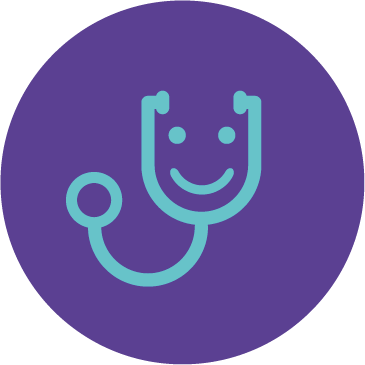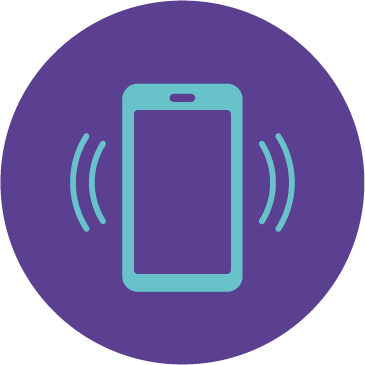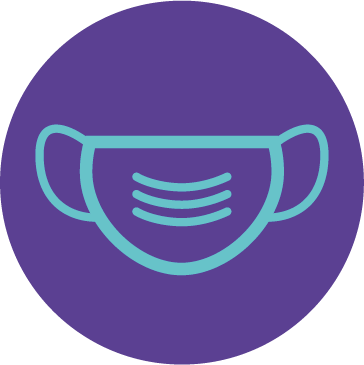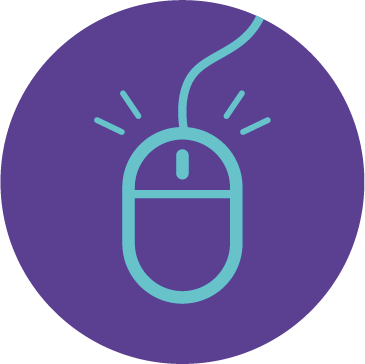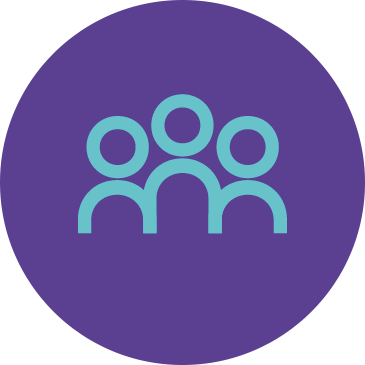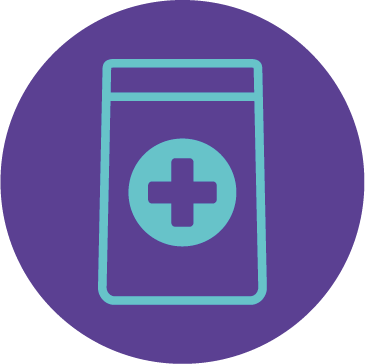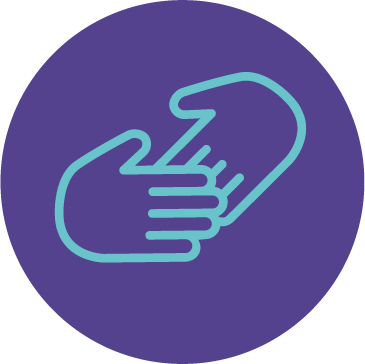Over the Counter (OTC) Medications
OTC medications are those that can be bought from pharmacies. GP practices are encouraged not to prescribe medications that are available from pharmacies and supermarkets without a prescription.
Remember you don’t need an appointment to see a pharmacist, which makes it quicker and easier to get advice and medicines rather than contacting the surgery. Buying medicines over the counter will also help to free up GP appointments for those who really need them.
Examples include treatments for: hayfever, dry skin, scabies, athletes foot, conjunctivitis and warts etc.
Currently the NHS spends around £136 million a year on prescriptions for medicines which could otherwise have been bought over-the-counter. Buying medicines yourself will help save the NHS money as some products to treat minor, short-term illnesses can be purchased over-the-counter at a lower cost than that which would be incurred by the NHS.
Importantly, the prescription changes will not affect the prescribing of over-the-counter treatments for long-term conditions or more complex conditions, or where minor illnesses are a symptom or side effect of a more serious condition.
Your local pharmacy can also help with treatments for seven common minor illness such as urine infections, sinusitis and shingles. See our Urgent Care page for more details on Pharmacy First.
